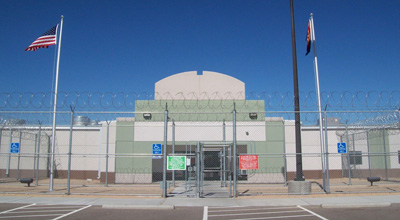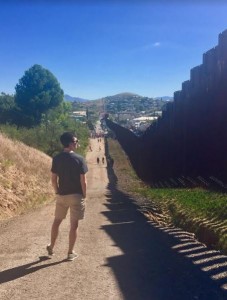
SOA Watch Convergence
As Massey et al. describe in their work “Why Border Enforcement Backfired,” the increase in funding and national attention on border control since 1986 has had many unintended consequences. Despite a twenty-fold increase in funding, new immigration policy has resulted in a reduction of circular migration. Historically, migrants would return home after earning enough money. Today, many individuals a deterred by the dangers and costs of crossing the border without documentation and decide to stay in America in order to avoid reliving that experience. At the same time, the cost of guides or coyotes is so high that many migrants must stay in the country longer in order to earn more money to pay for this expense, making it more likely that they form ties to their new homes and decide to stay in America. While the findings presented in this article provide an incredible quantitative and economic evaluation of the failure of border control, it is also important to recognize the human consequences of these policies.
Earlier this month, I traveled across the country with several other Wake Forest students to participate in a convergence at the U.S./Mexico border in Nogales, AZ. While there, I was able to listen to many first-hand accounts of how border control and immigration policies have harmed individuals and families. While protesting outside of a detention center, we listened to stories of family members who are being held for unknown amounts of time because they were captured without documentation. Inside of these detention centers, people are denied adequate healthcare. One woman who spoke at the event said that she was pregnant when she was first captured, and reported to the doctors that she had intense pains. For weeks she was told that she needed to drink water, and eventually she lost her child. Mothers and fathers who are detained leave behind families who now struggle to put food on the table. And these are the experiences of those who made it across the border alive. Thousands have died of dehydration and exposure while attempting to cross the dangerous Arizona desert, yet political discourse focuses on protecting the nation instead of saving lives. Economics and data are important, but so are human lives.
